By Siobhán O’Grady
Fulani men stand in a group in the village of Luggere in Nigeria’s Plateau State on June 29. The area has seen days of violence in which more than 200 people have been killed in clashes between farmers and herders.
Since 2009, Boko Haram extremists have killed thousands of people in northeast Nigeria, devastating the Lake Chad region and setting off a large-scale humanitarian crisis.
But since January, another, lesser-known conflict has overtaken the Boko Haram crisis as the deadliest conflict in Nigeria, killing six times more Nigerians than Boko Haram did in the same period.
For years, periodic clashes between farmers and herders have disrupted Nigeria’s Middle Belt, the part of the country that divides the north and south and is home to the capital, Abuja. But the conflict has recently intensified, destabilizing the region and leaving 1,300 people dead this year, according to a new report from the International Crisis Group, or ICG.
“What were once spontaneous attacks have become premeditated scorched-earth campaigns in which marauders often take villages by surprise at night,” the report said.
Competition for resources has played a major role in the conflict. For centuries, nomadic herders have traveled through Africa on traditional cattle routes, searching for fertile grazing lands for their cows. But desertification and the Boko Haram crisis in Nigeria’s northeast, among other factors, have begun to push the herders farther south, where they encounter settled communities that are already struggling with their own population booms.
Incidents that may have once seemed manageable and isolated, such as a herd of cows trampling through a farmer’s field, now have the potential to escalate into large-scale disputes. Conflicts between herder and farmer communities have included the burning and razing of entire villages and purposeful destruction of one another’s’ livelihoods. Herders have at times intentionally damaged farmers’ fields, and farmers have slaughtered and stolen cattle.
As the ICG said in its report, the source of the clashes may be the battle for resources, but the conflict also has ethnic and religious undertones: Herders tend to be Muslims from the Fulani ethnic group, while farmers in the region tend to be Christian. Hundreds of thousands of people are now displaced in what the research group calls “Nigeria’s gravest security challenge.” The resulting polarization “could affect forthcoming elections and undermine national stability,” the report said.
The situation has worsened this year in part because of laws in two states, Taraba and Benue, that ban open grazing of cattle, according to the ICG. The laws, which in theory were intended to prevent conflict, may have in fact made it worse. Herders see anti-grazing laws as a direct attack on their lifestyle and work; farmers see them as the only way to prevent their fields from being trampled by cows.
When a grazing ban was implementedin Benue state in November 2017, it left herders with few options. Ranches where their cattle could graze were not ready; fearing their cows would die of thirst or starvation, or that they would be arrested and have their cattle seized, many herders moved into other nearby states where they were still competing with farmers for land. The ICG said that the government needs to avoid implementing blanket grazing bans and should instead roll out new policies in phases to allow herders time to adjust.
The growing number of militias, along with the growing number of firearms available to them, have also “enabled the carnage,” the report said. Both sides also complain about a lack of justice for attacks on their communities.
Women and children are particularly vulnerable. Some lose their fathers and husbands to the violence; some are raped when their villages are attacked. Children have died of diarrhea and measles, and some camps set up for displaced people are merely converted schools, with as many as 100 people sharing a single classroom.
None of this bodes well for Nigerian President Muhammadu Buhari, who was elected in 2015 on promises to stabilize the country and prevent future insecurity. At that time, Boko Haram was one of the most pressing concerns. But as the country prepares for presidential elections in early 2019, the farmer-herder conflict is expected to stay at the forefront of political conversations.
“The killings have severely undermined one of President Buhari’s major 2015 campaign pledges — to bring security and stability to the country,” the report said.
Some Christians see Buhari, a Fulani Muslim who keeps cattle himself, as being too sympathetic to the herdsmen.
According to Reuters, Buhari’s spokesman said this year that it is “disturbing” to suggest that he has failed to crack down on the attacks because of his ethnicity.













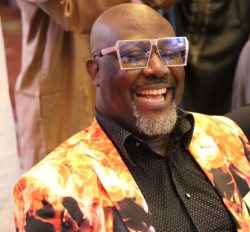
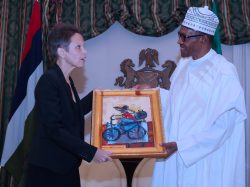




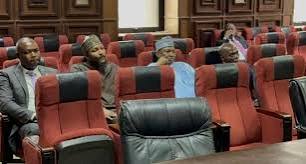











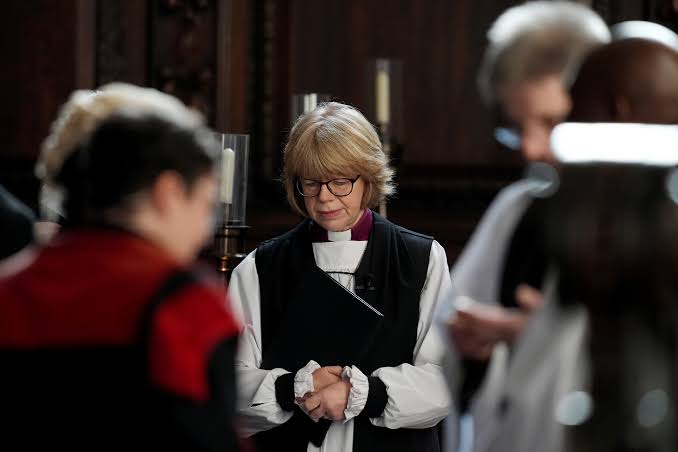

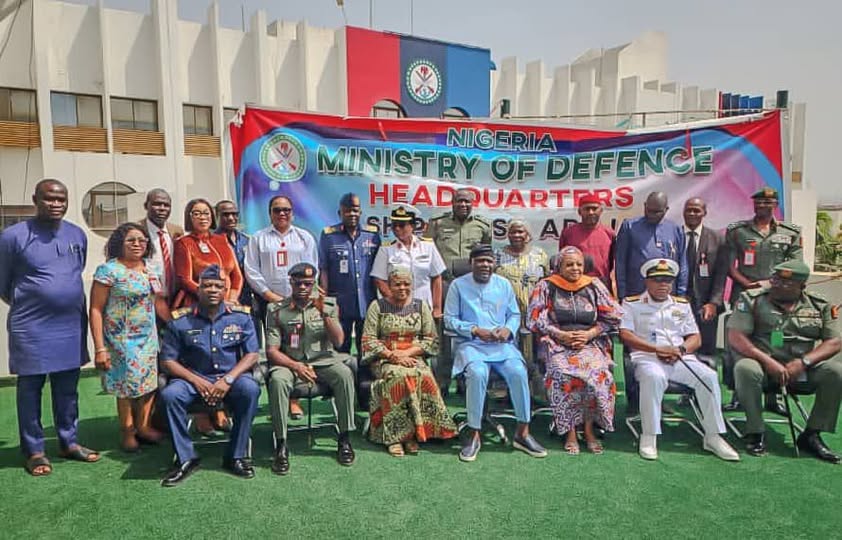
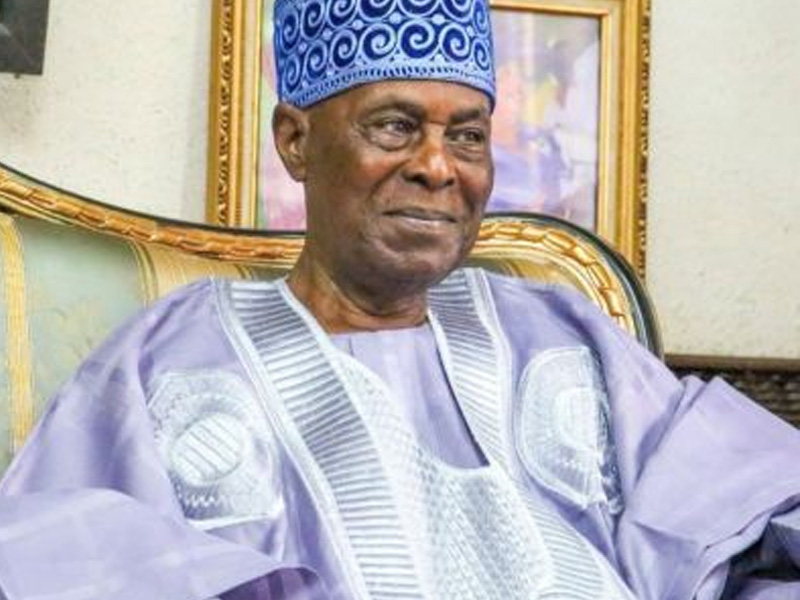

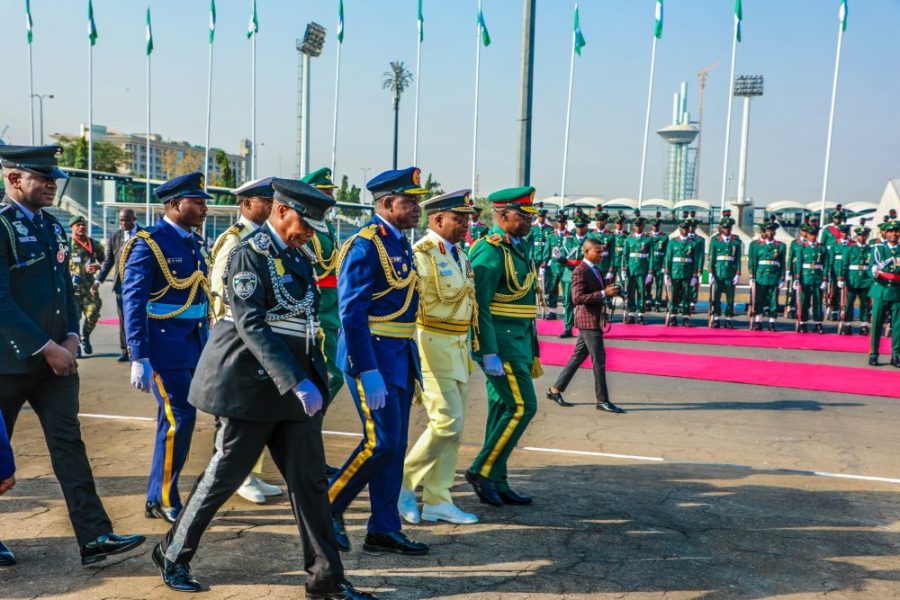
Leave a comment